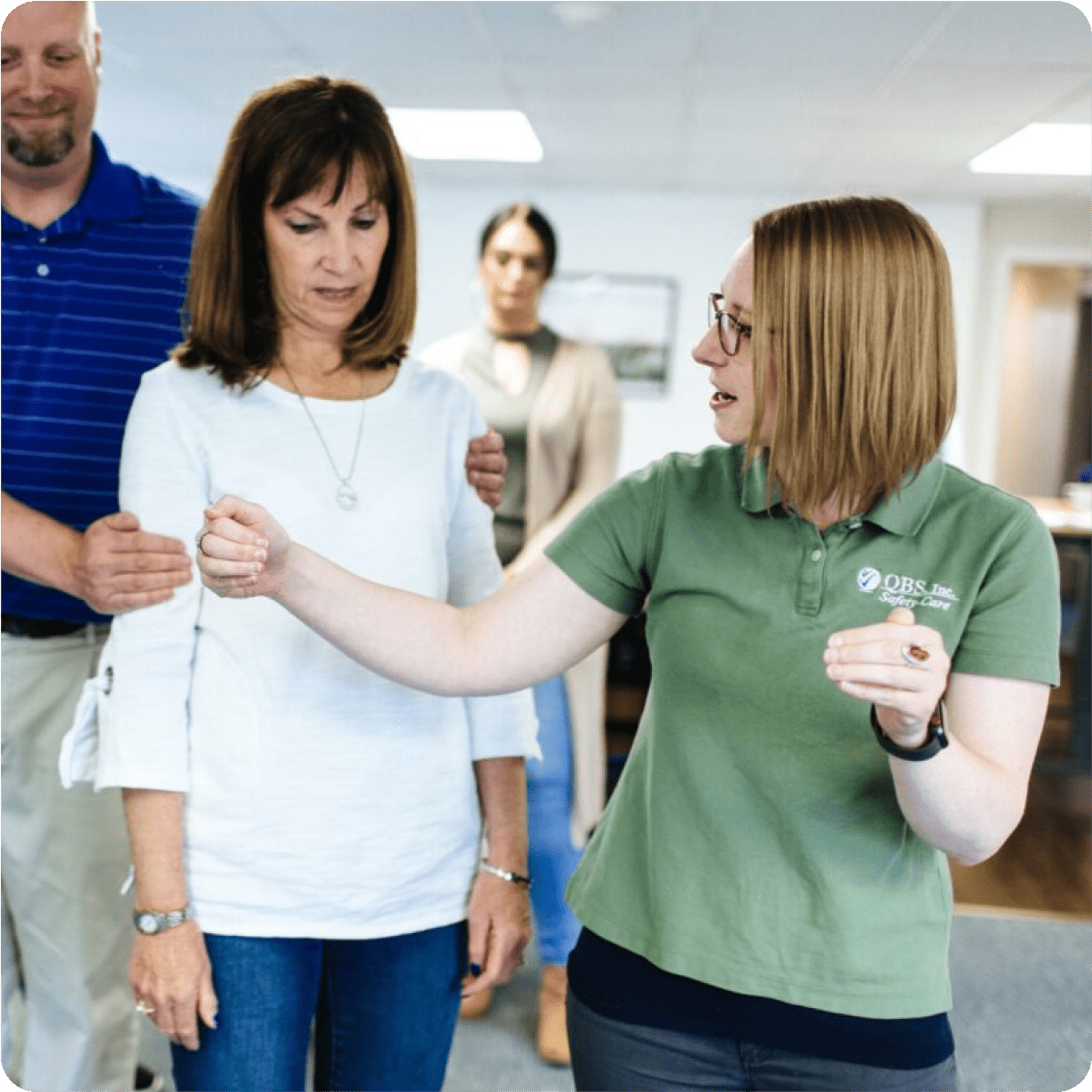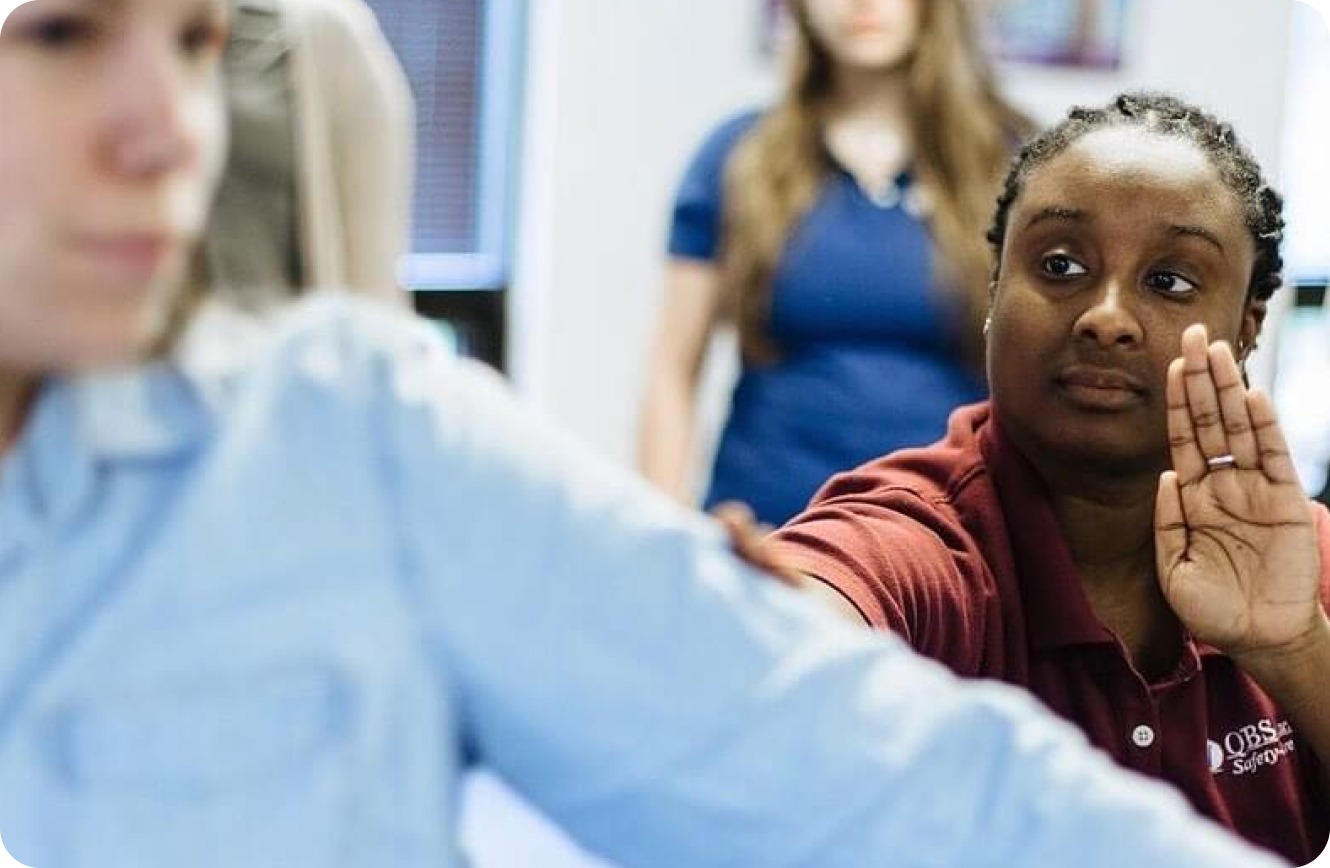Safety-Care is more than crisis management training; it provides the skills and competencies necessary to effectively prevent, minimize, and manage behavioral challenges with dignity, safety, and the possibility of change. Safety-Care delivers the tools you need to be safe when working with behaviorally challenging individuals using up-to-date and effective technologies from Applied Behavior Analysis (ABA) and Positive Behavior Interventions & Supports (PBIS). These strategies are appropriate for individuals experiencing developmental, neurologic, psychiatric, and other impairments, as well as individuals who have experienced psychological or sexual trauma. Safety-Care promotes a reinforcement-based approach to developing new skills, maintaining safety, and reducing or eliminating restrictive interventions such as restraint.




